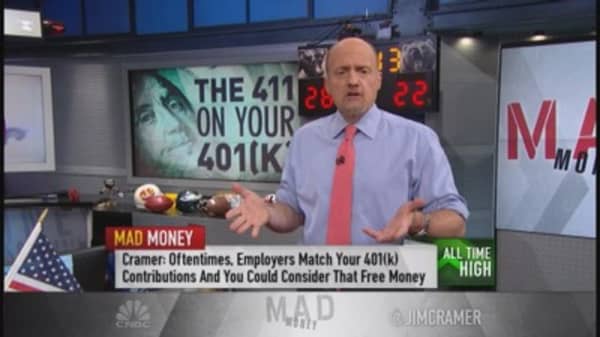The retirement system in the United States is in chaos.
Government retirement vehicles are grossly underfunded, most companies have dropped their defined benefit pension plans, and for those fortunate enough to have a 401(k), the savings and investments are at the mercy of their employer's plan administrator.
Our nation's approach to retirement is ripe for change, and it would be inspiring to see the president or Congress offer some viable alternatives.
Yet instead, just last year, President Obama delivered a speech in which he cited brokers as part of the reason why baby boomers are not retirement ready. To compound matters, the president just recently encouraged the Department of Labor to push for more rules and regulations on the financial brokers and advisors who provide employer-sponsored 401(k) plans.
This is the complete opposite of the direction we should be taking.
Read MoreAvoid tax on Roth conversions
Rather than merely tinkering with our current system, I think it's time for drastic measures. I believe the time is right to "decouple" retirement savings from our employers.






